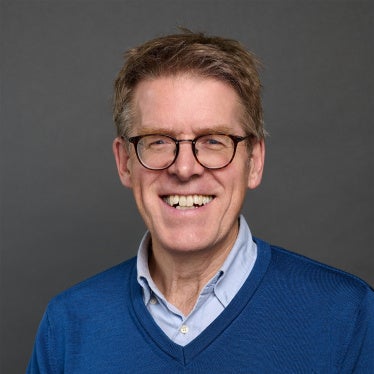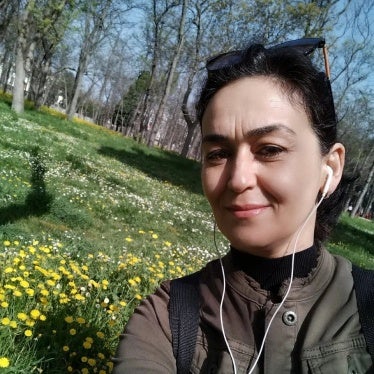Osman Kavala, the respected Turkish human rights defender, has been behind bars in Istanbul’s Silivri high security jail for almost eight years. He is serving a life sentence without the chance of parole, having been convicted following a preposterous trial on baseless allegations of organizing and financing the Istanbul Gezi park protests in 2013 in an attempt to overthrow the government
The May-June 2013 Gezi Park demonstrations and sit-in, in Istanbul’s Taksim Square, against a government-planned urban development project, led hundreds of thousands of people around Turkiye to exercise their right to peaceful protest.
The Turkish government has ignored two rulings by the European Court of Human Rights ordering Kavala’s immediate release.
On a recent visit to Istanbul, I wanted to find out how Kavala is doing. He is 67 years old, and his prison regime is harsh. Apart from receiving prison visits from lawyers and twice a month from his wife, he is allowed to spend just four hours a day out of his cell, walking around a small courtyard.
We spoke with Asena Günal, who runs Kavala’s civil society group Anadolu Kültür. She said that despite his circumstances he is in reasonable health and treated with respect by his prison guards. Most importantly, he remains determined, his sights still set on upholding rights, both in prison and outside.
He continues to regularly advise his Anadolu Kültür colleagues on such projects as a series on justice issues. But staying engaged has its challenges in prison, especially not having access to the internet. When the justice series podcasts were aired, Kavala was unable to listen, relying instead on reading the episode transcripts and writing a foreword to the book they became.
Within prison, “he is the book club of Silivri” says Günal, smiling, describing how he shares his many books with other inmates. He reads a lot, a habit he shares, quite literally, with his wife Ayşe Buğra. “They read the same book at the same time so they can discuss them during her visits”.
In August Kavala will be awarded Germany’s Goethe Medal for innovative cultural work. He is currently drafting his acceptance speech, rereading Goethe, and reflecting on what the poet’s work means for us today.
I’m pleased – though not surprised – that Kavala is standing tall in prison. He deserves the international accolades he is receiving, but above all he deserves his freedom.










